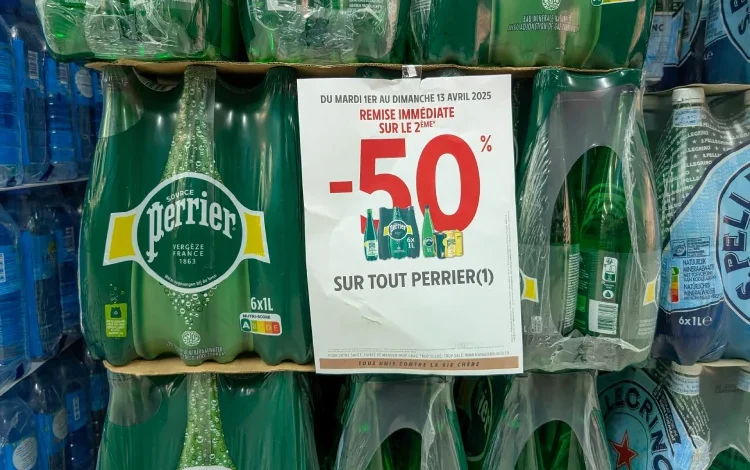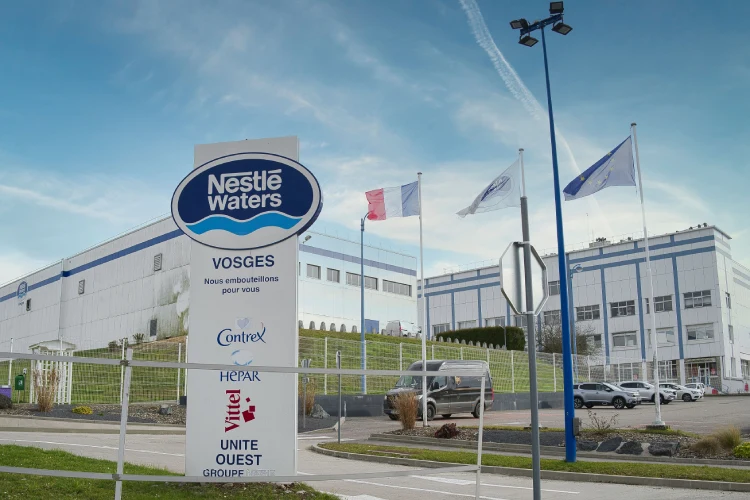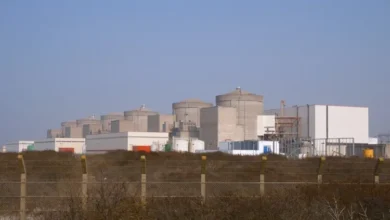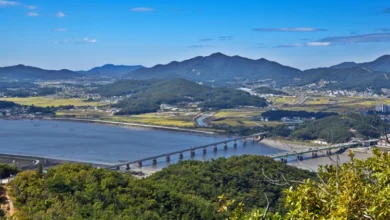
French Government Accused of Covering Up Nestlé’s Illegal Water Treatment
Senate Report Reveals Top-Level Involvement in Shielding Nestlé’s Mineral Water Scandal
The French Senate has accused the country’s top leadership of deliberately hiding Nestlé’s use of banned treatments in its mineral water products, including the globally known Perrier brand. A six-month investigation claims the government not only ignored European regulations but actively participated in concealing the Nestlé illegal water treatment scandal to protect the company’s image and operations.
Key Findings from the Senate Report

The inquiry reveals that since at least 2021, Nestlé used unauthorized methods—like ultraviolet light and illegal filtration systems—on its mineral water. Under EU law, natural mineral water must remain untouched by disinfecting processes, as such methods alter its composition.
The report outlines how the government’s first official meeting on the matter took place in October 2021. By that time, Nestlé had already submitted an internal cleanup proposal to address the forbidden treatments.
Yet rather than confronting the company or informing EU authorities, French officials chose to walk a quiet path of negotiated compliance.
Nestlé itself admitted to using these prohibited treatments and proposed a shift to microfiltration, which the government quietly approved in 2022. According to the report, this decision was taken at “the highest level of the state,” implicating the presidential office.
The report says Macron’s administration, including former secretary general Alexis Kohler, was aware of Nestlé’s practices by 2022. Despite this, no public disclosure or legal action followed. Kohler reportedly met with Nestlé executives but refused to testify before the Senate committee.
President Emmanuel Macron denied knowledge of the issue earlier this year, saying, “There is no collusion with anyone.” Yet, evidence in the report suggests otherwise.
Public Misled, Law Ignored
What makes this case particularly serious is the branding: “natural mineral water” is a legal term. It carries higher market value because it’s supposed to be untouched and pure.
Senator Alexandre Ouizille, who led the inquiry, estimated the scale of fraud to be over €3 billion.
Notably, the Senate heard from over 120 witnesses during its six-month inquiry. One of the most striking testimonies came from a former Nestlé engineer, who described how “sliding cabinets” at one plant concealed the treatment machines from routine inspectors.
This anecdote, while almost cinematic, underscores the systematic nature of the concealment.
Despite the violations, Nestlé faced only a €2 million fine, a minor cost for a multinational giant.
So far, there’s no evidence that the treated water caused health issues. But lawmakers stress the issue is not about safety—it’s about transparency and consumer rights. Senator Antoinette Guhl called the cover-up “a state scandal” and filed a legal complaint against Nestlé’s CEO for potential perjury during her Senate testimony.
Adding to the public’s mistrust, the Senate claims parts of an official water policy document were altered to suit Nestlé’s position, further highlighting the company’s influence over state decisions.
Industry Impact and Legal Fallout
France is one of the biggest producers of natural mineral water, a €2.7 billion industry supporting over 40,000 jobs. This scandal puts that reputation at risk. Food watchdog NGO Foodwatch has filed a complaint, and a formal investigation is underway.
One insider, who formerly worked in water quality control at another brand, says the Nestlé case “has shattered industry norms,” noting how other companies fear stricter scrutiny and potential fallout.
Legal proceedings could follow, and the European Commission may launch its own inquiry. Meanwhile, Nestlé insists its current operations are legal and says it welcomes clearer regulations.
For consumers, however, trust has already been shaken. As one supermarket worker in Marseille put it, “People are asking if the water they’re drinking is even what it says on the label.”
[Source: 1,2]




